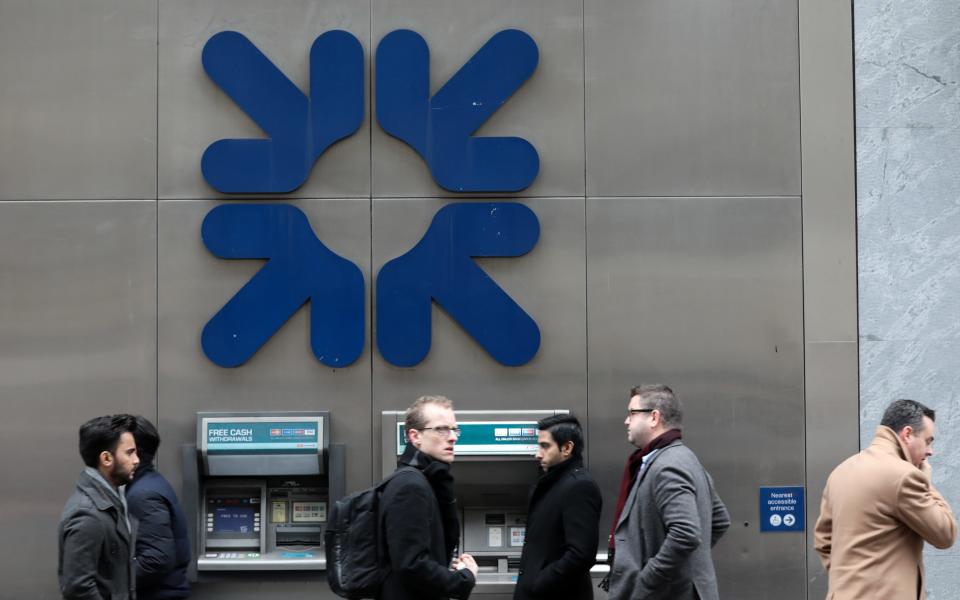Britons save less money as prices rise

UK households are putting away ever-smaller amounts of their earnings as higher prices and sluggish wages squeeze household finances.
Deposits only rose by 2.6pc in the 12 months to May, the joint-weakest pace since the depths of the financial crisis in 2011, according to the British Bankers’ Association.
Savings levels dropped in May alone, with personal deposits falling by £4.9bn, and ISA savings down £741m. However those monthly numbers can be volatile.
Official figures on Friday will give a fuller picture of the savings rate for the first quarter of the year.
At the end of 2016 Britons were saving an average of 3.3pc of their incomes, the lowest rate in the Office for National Statistics’ records, which go back to the 1960s.
However some economists argue that the number may overstate the true picture, as homeowners have been pumping more of their income into overpayments on their mortgages, indicating that they are saving into their homes rather than into their bank accounts.
Borrowing on credit cards is rising but at a slower pace as households paid off as much as they spent on the plastic in the month.
Credit card lending is still up by 5.5pc on the year, slightly below the 6pc or higher seen for much of the past year.
Other consumer loans, including overdrafts, are slowing. Those loans are only up by 4.8pc on the year, a level not seen since 2015.
It comes ahead of the Bank of England’s Financial Stability Report on Tuesday, in which the Financial Policy Committee sets out perceived risks to markets and the economy.
Officials including Mark Carney have been watching consumer credit closely as on some measures borrowing has been rising by around 10pc annually.
That is expected to prompt some sort of action from the Bank, which could range from strong words advising credit card companies to tighten their lending standards to more strict measures such as forcing banks to hold more capital against the loans.
“This [slowdown] will be of some relief to the Bank of England. It may well be that heightened uncertainties over the outlook and increased concerns over personal finances are encouraging some consumers to be more cautious in their borrowing,” said Howard Archer, chief economic advisor to the EY Item Club.
“However, the squeeze on consumer purchasing power may also increase the need for some consumers to borrow.”
Meanwhile mortgage lending also disappointed in the month.
A total of 40,347 loans were approved in May, according to the BBA’s seasonally adjusted figure, down from 40,686 in April and the fourth consecutive monthly decline.
By value mortgage lending picked up a little to £12.7bn, indicating that there is some movement in prices though the overall level is roughly flat currently.
The fall in loans provides “more evidence that households have become reluctant to make financial commitments now that real incomes are falling again,” said Samuel Tombs at Pantheon Macroeconomics.
“The number of sellers has declined sharply too, as the dip in house prices since the start of the year has led many homeowners to postpone planned sales.”
However the market is still set to grow over the year: “With the economic backdrop improving and mortgage rates set to stay supportive, some improvement in approvals can be expected by the end of the year,” said Hansen Lu at Capital Economics.

 Yahoo Finance
Yahoo Finance 